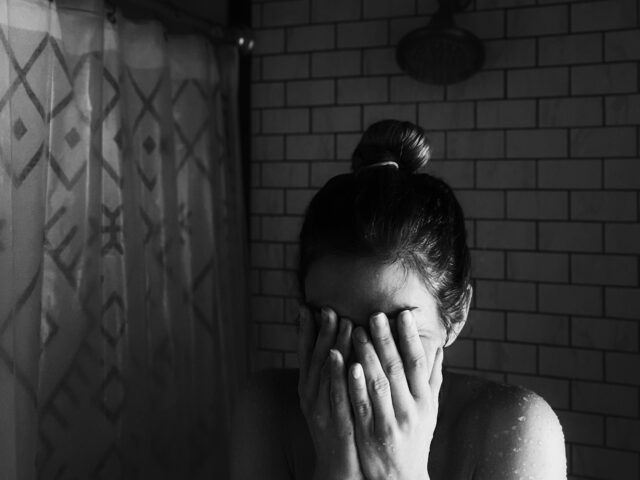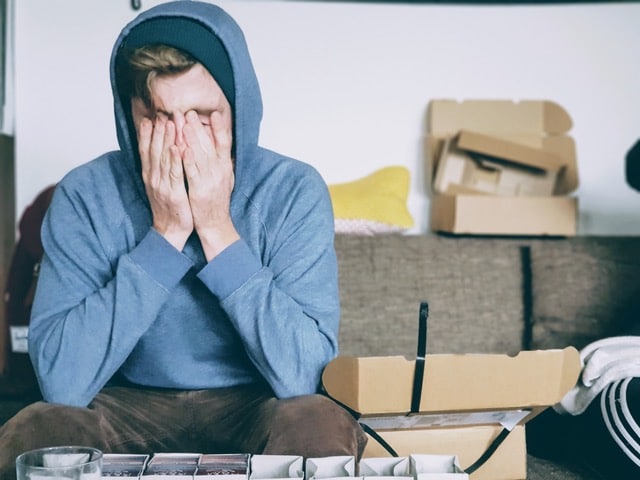WHAT IS ANXIETY?
We can say that feeling nervous and experiencing certain emotional tension in specific and punctual moments of life is a universal experience for almost all human beings. For example, when we are approaching an exam, when we are facing a job interview, or when we are worried about certain check-ups or medical tests.
But when we experience this tension constantly, in the form of worry or fear, whether mild or intense, and we find it difficult to control, it affects our daily life and we cannot relax, disconnect and feel calm, then we must begin to consider it a problem.
Anxiety is characterized by the appearance of feelings of worry, concern, fear, or tension arising from the anticipation of a real or imaginary threat. So people react with varying degrees of anxiety.
Intense anxiety and fear trap people in the trap of negative anticipations take them away from the reality that is happening in their lives at that moment and plunge them into a nightmarish future. It is necessary to find a way out of it.
WHY DOES IT OCCUR?
Anxiety appears when faced with a situation, the level of discomfort or tension that we experience exceeds the threshold of tolerance that each person is capable of handling. Anxiety would be, in short, a disproportionate response to the danger that provokes it. The curious thing is that this feeling of discomfort remains in the person even when the dangerous situation has vanished.
Our emotional response to various situations will depend on several factors among them are:
- One’s own predisposition to suffer anxiety
- The type of real or imaginary threat to which we respond.
- They have confidence in their personal abilities and resources to cope with the situation.
The severity of the symptoms will be different in each person. There are people where only one or two appear while in others we observe a whole set.
The convulsive period caused by the Covid19 pandemic in which we live has triggered signs of anxiety due to uncertainty and anxiety about the future, worsening the living conditions of many people who have felt under pressure, stressed, and compromised in some way their survival and life planning.
At present, the difficulty in dealing with the transition back to a more normal life lies in the fear of contagion, the consequences of confinement, mourning the loss of loved ones, or the aftermath of the coronavirus, which is having a great emotional impact. If you are looking for more information regarding best cbd products uk, then visit their page to find more useful information.

It should be taken into account that anxiety can provoke changes in your behavior as well as in your way of thinking about things and it has a decisive influence on how we interpret reality. As Dr. Rojas Marcos points out, the meaning we give to things has an impact on how we feel and act.
WHAT TRIGGERS ANXIETY?
Sometimes people may know what causes them anxiety because they have developed a specific phobia. For example, A person may suffer from claustrophobia (fear of enclosed spaces) and know that being confined in a small space can trigger anxiety.
But the person may not always know what triggers their anxiety and this lack of knowledge can increase it exponentially and begin to think that it has no solution, which further worsens their emotional situation.
Therefore, if you realize that you feel this way and your symptoms begin to interfere in your life in any way, it is time to ask for help as Alonso Cano, director of the Journal of Anxiety and Stress, tells us.





